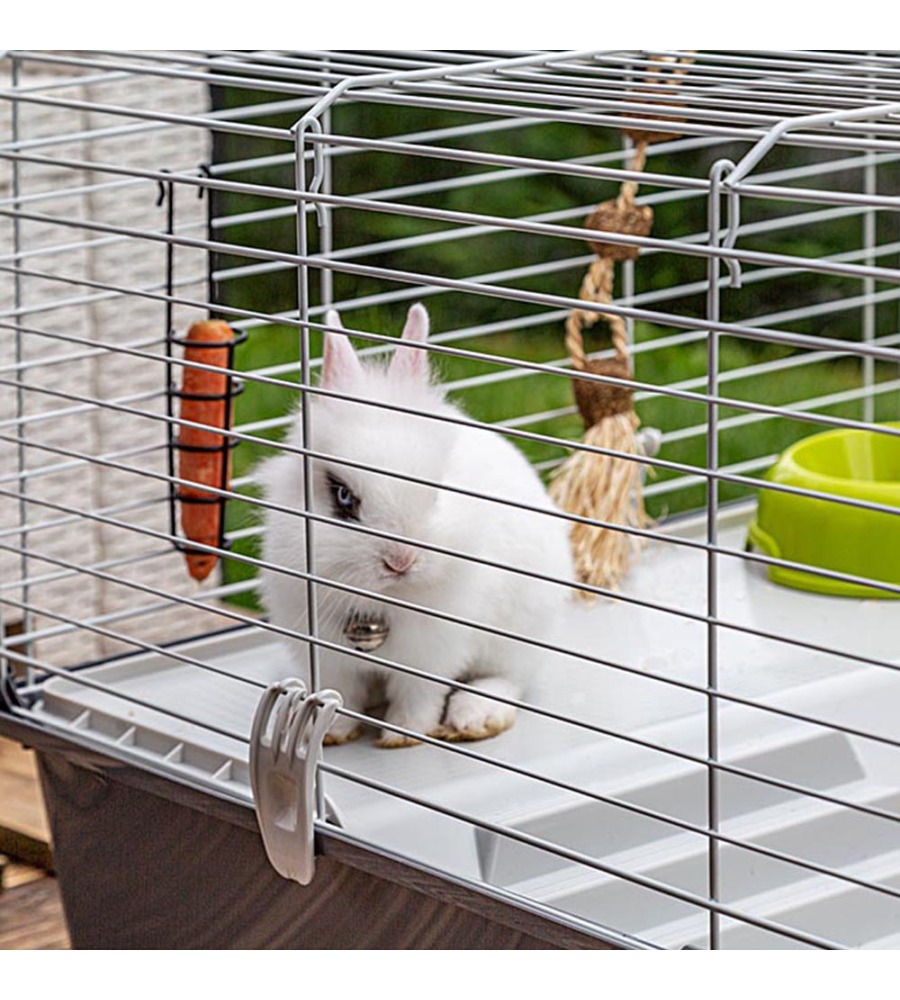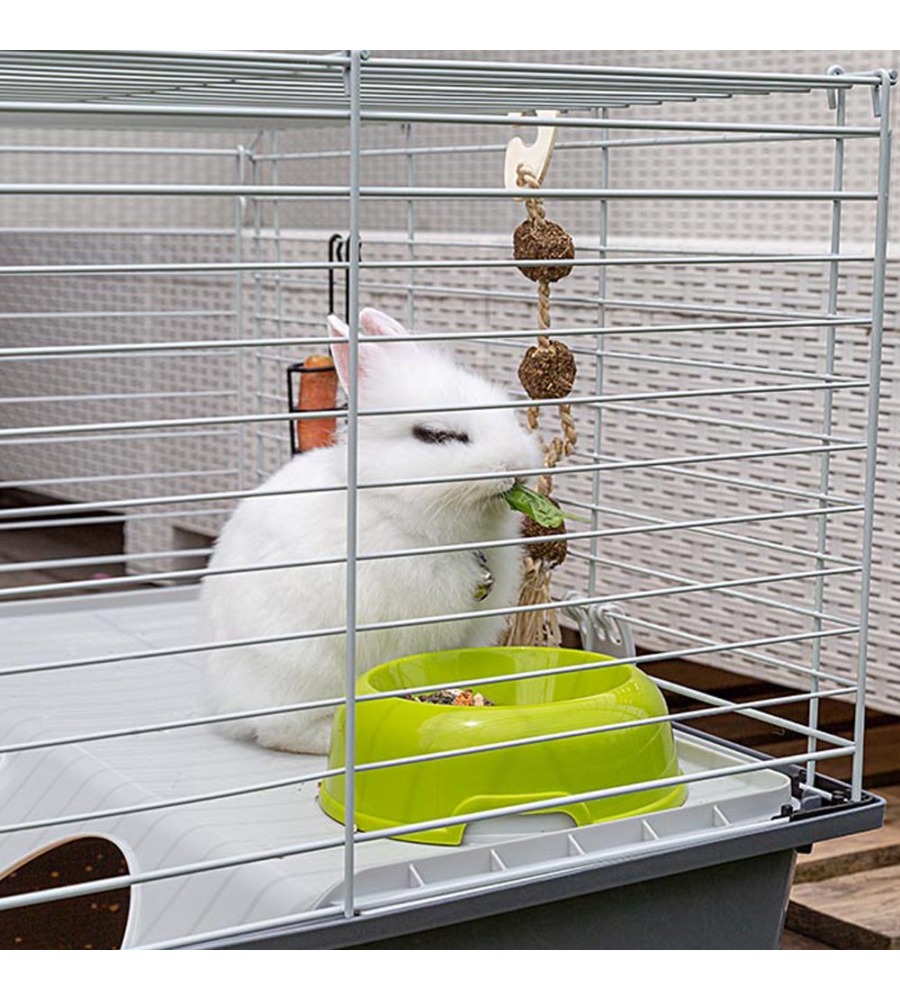
Yaheetech Gabbia per Coniglio Nano da Interno Esterno a 5 Ripiani Animali Domestici Grande in Metallo con 4 Rotelle Orientabili 64 x 43 x 131 cm Nera : Amazon.it: Prodotti per animali domestici

Coniglio Domestico firmare per Hutch dorme qui GABBIA personalizzati Segno Pet Amante Regalo di Natale | eBay

Pawhut Gabbia Per Conigli Con Casetta, Rampa E Area Aperta, Conigliera In Legno E Metallo Giallo Chiaro, 122x63x92cm

Ferplast Gabbia a Due Piani per Conigli Rabbit 100 Double, Casetta per Piccoli Animali, Conigliera con Accessori Inclusi, in Metallo Verniciato Nero e Plastica, 95 X 57 X H 93.5 cm :

PawHut Gabbia per Conigli e Porcellini d'India, 4 Ruote, Casetta e Rampa, Legno - PawHut - Idee regalo | IBS

Ferplast 57070517 Gabbia per Conigli e Porcellini d'India, Grigio : Amazon.it: Prodotti per animali domestici

🔨Gabbia per conigli nani fai da te con materiale di recupero ( homemade Dwarf rabbit cage DIY ) - YouTube















